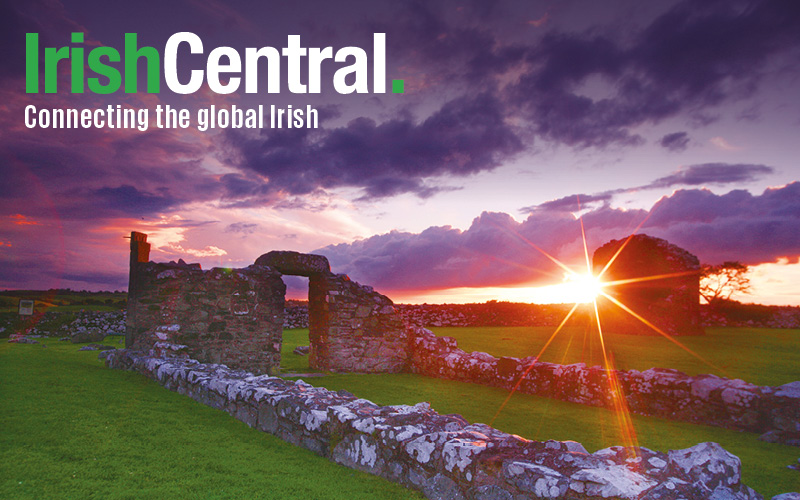Majorities rarely ever vote to grant a minority equal rights. In most places when a vote is called on the rights of the minority, the minority loses.
But Ireland is not most places. It's like no place else on Earth.
Last weekend we underlined that fact to the entire world, to the point where historians will probably soon draw a line that reads before Ireland and after Ireland.
Our same sex marriage referendum began as a spirited but unlikely bid to put the question to a popular vote. When it was announced religious conservatives could barely contain their glee.
Ireland, the so called jewel in the crown of conservative Catholic states, would be a surefire anti-gay slam dunk for the Catholic Church and its proxies in the Iona Institute, they wagered. We'll give the Irish an unforgettable black eye, and through them we'll halt the march of secular progressivism globally.
Some even took bets. You might as well paint a Kick Me sign on every gay back in the country, said some uncharitable observers. It's your own gay heads on the block. Talk about turkeys voting for Christmas.
Then came the fleet of “concerned” journalists in muted floral prints or sober suits and ties, clogging up the national airwaves, insisting that they spoke out of “love” – and not out of sheer disgust – although since you brought the subject up it would be much better if gay people would live lonely, sexless, unmarried lives and leave their heterosexual betters to get married, have sex and raise families. Why are you looking at me like that?
These “concerned” journalists suggested that motherhood would be outlawed, that mammies and daddies would be obsolete, that there were “serious questions” that needed to be answered, like why do two lads even need to shack up and what exactly do they do, you know, together?
Homophobia isn't terrifically good at hiding itself in other words, because sooner or later the visceral contempt that animates it always seems to bubble up around the edges of that thin layer of principled “concern.”
In order to stop Ireland from doing the unthinkable (give their gay family members a break), the anti-gay opponents had to claim that same sex marriage would absolutely ruin marriage for straight people (the old your donut is making me fat argument).
If gay people can marry then it will confuse children (it really doesn't, ask them). If gay people can get married it will make marriage less important (well that's really your issue, that's no one else's). If gay people can get married then the sun will turn red and the zombies will roam the earth (seriously?).
This stuff really used to work in Ireland. All you had to do was deeply frighten people with “what might happen in the future” to get them to do what you want now.
But it doesn't work in Ireland anymore because in the last quarter century we have gotten used to the idea of depending on ourselves rather than farming out our consciences to a clerical set who turned out to be spectacularly unfit to guard it.
If you bring a compelling argument to the Irish people, we learned this week, they will listen to you, both the young and the old. The Yes Equality campaign did exactly that, and they did it masterfully. They refused to get bogged down in the religious thickets where the game has always been rigged against them.
Instead they spoke over the heads of the anti-gay groups and directly to the people of Ireland, young and old. We are your sons and daughters, brothers and sisters, and we really need your help, they said.
It's a measure of the strength of Irish families that the answer came back: how can we help?
The vote ended up being about more than just same sex marriage. It was about generosity and kindness and decency and love. Things that are supposed to matter to the Irish and things that actually do matter to the Irish. We care about the nation we live in.
In helping their LGBT brothers and sisters, aunts and uncles, the majority yes voters helped themselves too, because when you do a great kindness the blessing is always twofold. It enriches you as much as the recipient.
On the streets of Dublin gay and straight people sang and danced together as though Ireland had played and won the World Cup. And for once the Irish discovered they didn't need to look abroad for likely heroes. They could be their own heroes any time they liked.




Comments